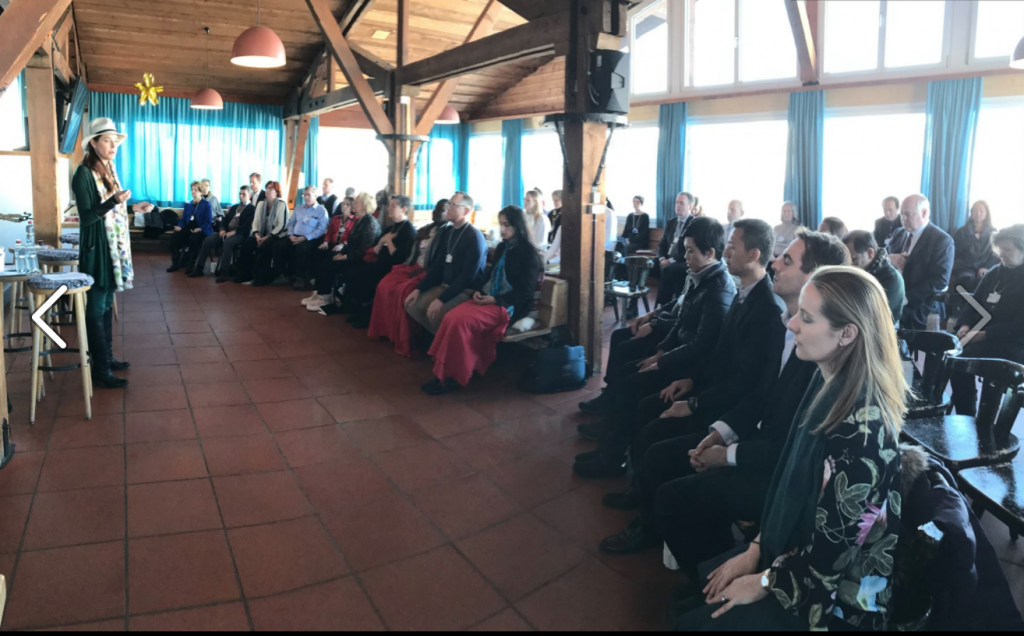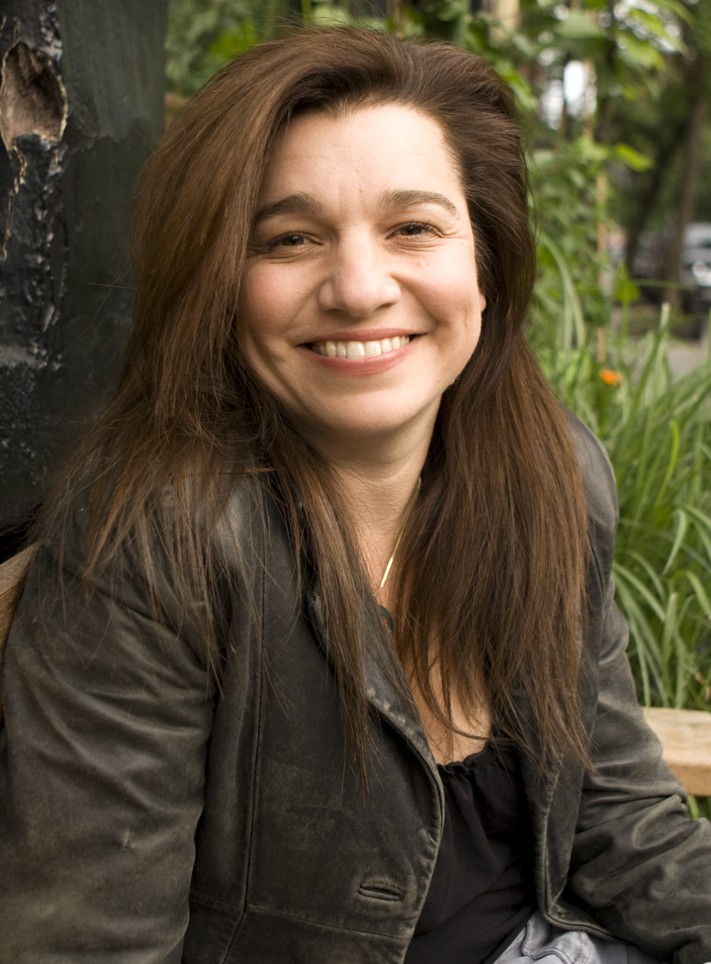
Dr. Ornish Speaks at the World Economic Forum in Davos
Photo Credit: Kecko, via Flickr Creative Commons
Dr. Dean Ornish participated at the World Economic Forum in Davos, Switzerland last week, which is considered one of the most influential international gatherings. He spoke at four different sessions.
Dr. Ornish and his colleagues have proven to prevent and help reverse the progression of many chronic diseases.
The first was a “one on one” interview with Nancy Gibbs, the Managing Editor (Editor in Chief) of Time magazine. This provided him a great opportunity to discuss his most recent findings and his vision of helping to create a new paradigm of healthcare. Dr. Ornish clearly explained the difference between lifestyle choices and the prevention of disease and lifestyle choices as an actual treatment for disease.
“If you make big enough changes in lifestyle, not just diet, but stress management, things like yoga and meditation, and perhaps, most important, how much love and intimacy and support you have, our bodies have this remarkable capacity to begin healing,” he stressed.
Watch the interview here.
He also participated in a panel discussion entitled “Disconnect to Connect,” with Jon Kabat-Zinn. Kabat-Zinn founded mindfulness based stress reduction programs in over 700 medical centers, hospitals, and clinics around the world. It also included Thomas Insel, the Director of National Institute of Mental Health, Richard Davidson, the William James Vilas Research Professor of Psychology and Psychiatry at the University of Wisconsin-Madison, and science media leader Joe Palca. They talked about the irony of the fact that devices that are designed to make us more hyper connected can often leave us feeling more isolated, and what we can do about it.
On Saturday, he participated on a panel about a term that he coined, “the globalization of chronic disease.” Other countries are starting to eat like us, live like us, and often die like us. The supreme irony is that the diet they were eating, particularly in Asian countries, before copying the U.S. diet, is very similar to the one that Dr. Ornish and his colleagues have proven to prevent and help reverse the progression of many chronic diseases. For example, more people are dying today in most of the world from Type 2 diabetes and coronary heart disease than AIDS, Tuberculosis, and Malaria combined. This is diverting precious resources from treating diseases that really do require drugs such as AIDS, TB, and Malaria to those that can be prevented and often reversed by making comprehensive lifestyle changes.
On the final day, he also participated in a discussion entitled “Let Food Be Thy Medicine,” about the role of nutrition in tackling disease, the impact of traditional culinary systems, and the need for global dietary guidelines. The discussion was moderated by Mariette Dichristina, the Editor in Chief of Scientific American, and included David Agus, an Oncologist and Professor of Medicine and Engineering at UCSC, Simin Nikbin Meydani, the Director of the Jean Mayer USDA Human Nutrition Research Center on Aging, and Joan Roca, the Chef of El Celler de Can Roca in Spain.
A variety of viewpoints were presented, as the panelists tried to cut through the confusion by addressing the ways of eating that have stood the test of time, while Dr. Ornish reiterated the enduring benefits of a whole food plant-based diet low in refined carbohydrates, combined with meditation, moderate exercise, and social support.
Click here for the full discussion, “Let Food Be Thy Medicine.”
Click here to listen to Dr. Ornish’s full discussion with Time magazine editor Nancy Gibbs.








